Publications
Articles, publications, books, tools and multimedia features from the U.S. Institute of Peace provide the latest news, analysis, research findings, practitioner guides and reports, all related to the conflict zones and issues that are at the center of the Institute’s work to prevent and reduce violent conflict.
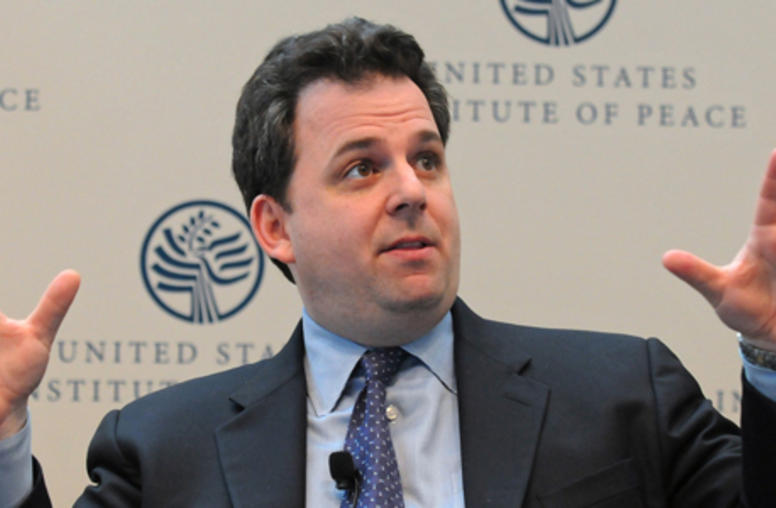
State’s Shapiro, at USIP, Outlines U.S. Policy on Peacekeeping
Calling United Nations and regional peacekeeping a “strategic priority” and a cost-effective way of bolstering U.S. national security, Assistant Secretary of State for Political-Military Affairs Andrew Shapiro laid out U.S. policy for expanding the number and capabilities of peacekeepers deployed to conflict zones before an audience at the United States Institute of Peace (USIP) on February 27.
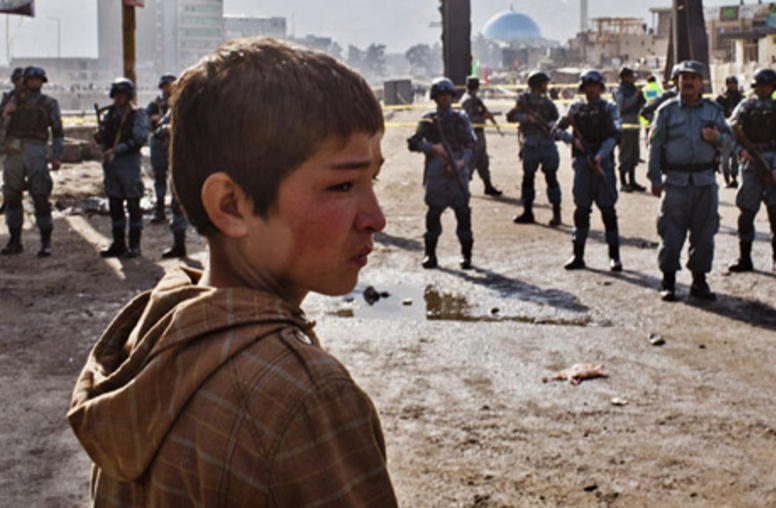
In Afghanistan, Creating Effective Advisers for Times of Crisis
USIP's Nadia Gerspacher explains the value of programs that help build the Afghan ministries in the wake of troubling reports from Afghanistan.
U.S.-North Korea Agreement: A Breakthrough?
John Park, a senior program officer who directs USIP’s Korea Working Group, analyzes the U.S.-North Korea agreement announced on February 29. The North Koreans will suspend nuclear activities at its Yongbyon complex and long-range missile tests, and the U.S. will provide 240,000 tons of nutritional assistance to North Korea. While it may not be a breakthrough, this agreement does constitute a modest initial step forward in dealing with North Korea.
Training Iraqi Police: Lessons Learned from the Field
The United States Institute of Peace (USIP) and the Institute for the Study of War co-hosted a critical lessons learned forum on policing in Iraq moderated by Robert Perito, director of USIP's Security Sector Governance and author of the new Special Report, “The Iraq Federal Police: U.S. Police Building Under Fire.”
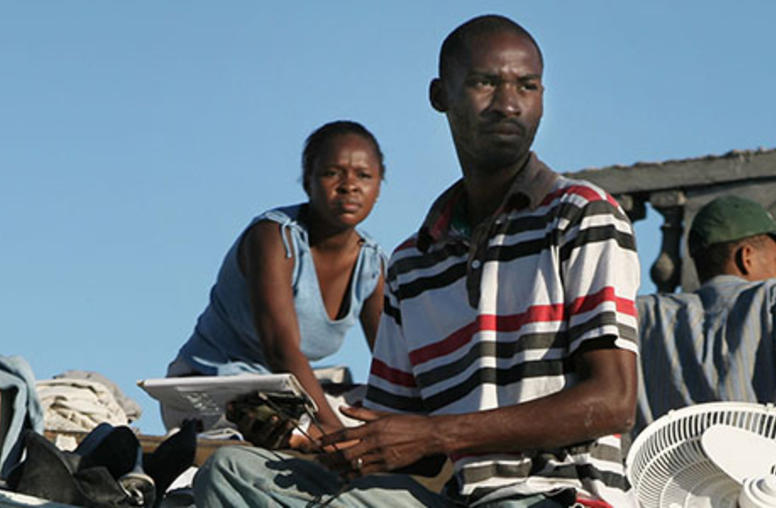
Haiti's Prime Minister Resigns
Under pressure from President Martelly, Haiti’s Prime Minister Garry Conille resigned after only four months in office, plunging the country into another political crisis. We asked Robert Perito, director of USIP's Haiti Program, what happens next in the western hemisphere's poorest nation?

Sanctions and Saber-Rattling
As part of its expertise on conflict management and resolution, the U.S. Institute of Peace focuses on how resources can be a source of division and conflict, and how to mitigate such potential problems. With tensions on the rise in the Middle East, and the jump in gas prices, USIP’s Raymond Gilpin addresses the immediate issues facing the U.S. and the world regarding the cost of oil.
Reflections on the Hard Lessons of Arab-Israeli Peacemaking
Ahead of President Obama’s meeting with Israeli Prime Minister Benjamin Netanyahu in early March, Ambassador Sam Lewis reflects on the challenges to building peace in the Middle East.
The Challenges and Opportunities Ahead for the Friends of Syria Group
As Western and Arab powers established a Friends of Syria Group, USIP’s Steven Heydemann examines the group’s agenda – and the top priorities for the U.S.
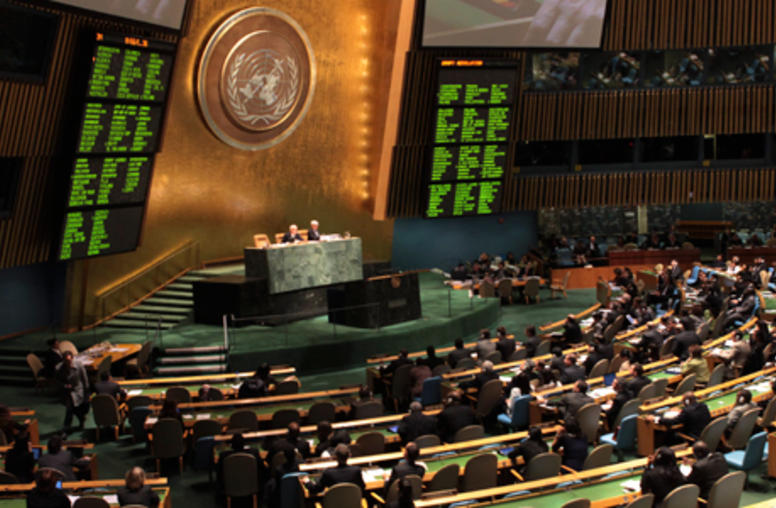
Need for International Peacekeeping Missions on the Rise
The Arab League this month called for the U.N. Security Council to approve a joint Arab-U.N. peacekeeping mission in Syria, where more than 5,400 people have died as the regime of Bashar al-Assad presses a brutal military crackdown on a popular uprising in Homs and other cities. Russia and China vetoed an earlier Security Council resolution on Syria, and it is not clear how seriously the recent Arab League proposal will be considered. The Arab League has scrapped its monitoring mission in Syr...
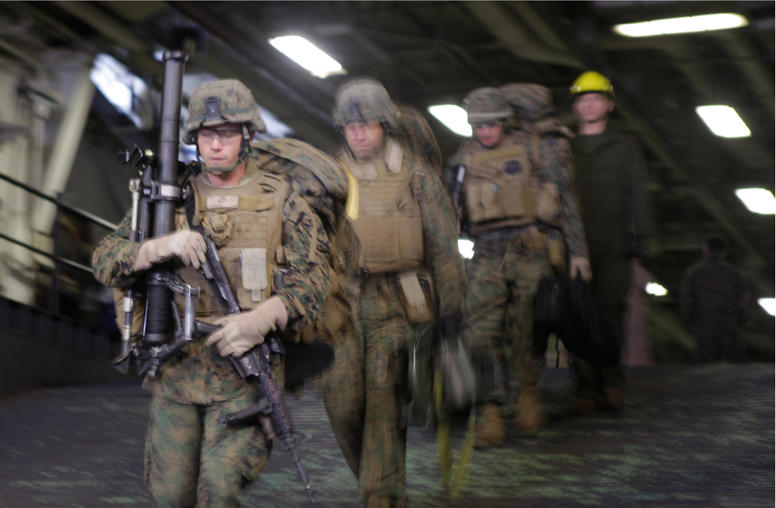
Strengthening the Civilian-Military Link: USIP and Navy-Marine Corps Coordination
The role of the Navy and Marine Corps is critical to the growing importance of the Asia Pacific region in national security strategy. Recently, conflict management and peacebuilding experts from the U.S. Institute of Peace participated in the Navy’s biggest amphibious exercise in a decade, Bold Alligator, as part of USIP’s expansion of civilian-military cooperation and training.